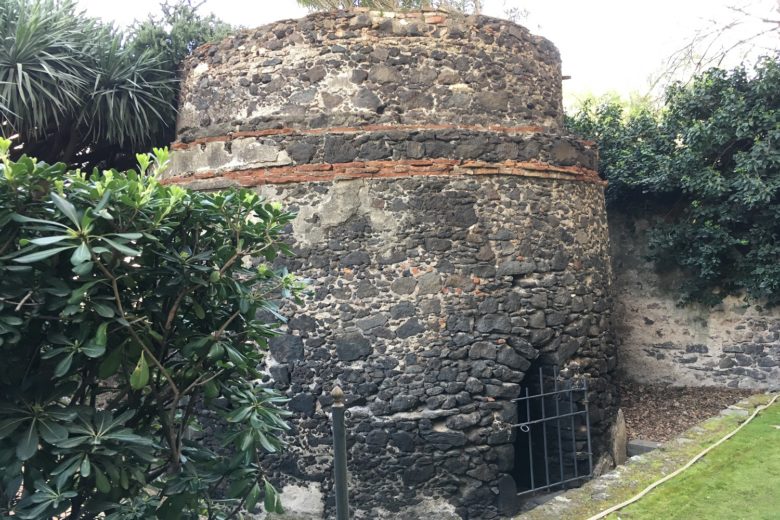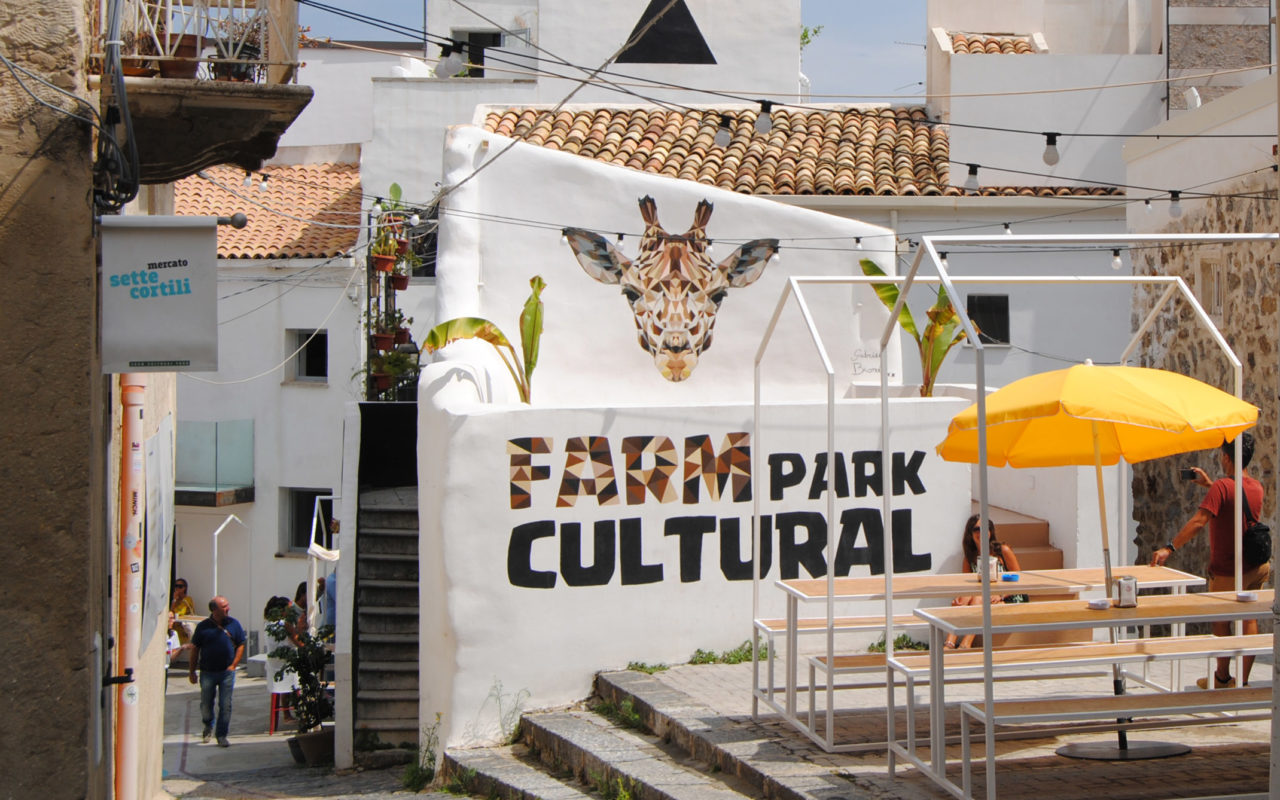Childish and gullible, this typical Sicilian character known almost everywhere has a long history behind him and an oriental origin. Although he often gets into trouble because of his naivete, he also has a sensitive and altruistic side that makes him familiar to many generations
So famous as to be known even in Trentino-Alto Adige and Valle d’Aosta (in northern Italy), Giufà has for centuries been one of the legendary characters with which new generations grew up in Sicily. Different from Saints, superheroes, princes and soldiers, he has been the subject of many etymological and cultural studies focused on its origin. So, who is this anti-hero of Sicilian folk heritage
Some imagine him to be short and stocky, others thin and skinny. For some he has a thick beard, for some others he has the face of an overgrown child and olive skin. Only one thing is certain: this bright eyed character dresses without too much elegance but he is the darling of the naive, of the good of heart and of those who often risk being fooled by some more clever guy.
In fact, a recurring feature in Giufa’s stories is his boyish and somewhat gullible spirit. On one hand, it often leads him to get into trouble and to believe the most abstruse lies of those around him who want to take advantage of him; on the other hand, it gives him some amazing traits of a “street” wisdom, as well as a great sensitivity and a strong altruism.
So, even if many mothers and grandmothers recommend their children to never become like this character, the model of his stories, that are still handed down from mouth to mouth, brings out a positive personality after all, as Giufà always behaves properly and would never hurt someone.
It would be surprising to discover that, however, the origins of Giufa are not entirely Sicilian and that the inspiration for this character derives from a certain Nasreddin Khoja, a man who probably existed at the beginning of the eleventh century in Anatolia (now Turkey). He was a well-known teacher in the entire Arab world, whose name changed from Hoca to Khoja, from Khoja to Djuha and from Djuha to Jusuf, from which the current Giufà.
A myth that has ancient and fascinating roots, and that must have astonished and influenced many more peoples than we can even imagine.
Translated into English by Eva Luna Mascolino



